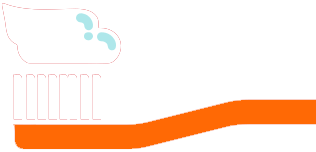Foods to Avoid
Identifying which foods are the culprits of your pain allows you to focus on what you should consume to mitigate the irritation. When the underlying dentine tubules are exposed, the most common types of foods associated with nerve pain are hot and cold, sugary and sweet, and acidic and sour. Remember that drinks fall into these categories, too. Iced water, coffee, tea and fizzy drinks can all make you wince in pain if your tooth's nerve becomes exposed. Anything with a high sugar content, such as desserts and fizzy and sports drinks, can contribute to tooth decay as well. Regardless of the food or drink triggers, it is essential to visit your dentist to get a diagnosis of what is the source of the pain and how to resolve it.
As with similar mouth conditions, avoiding tooth nerve pain is possible through good oral care. The foundation for a healthy mouth starts with brushing at least twice a day. Don't forget to floss daily, either. Keep in mind that regular dental check-ups are another crucial component. Your dentist serves as a good resource to recognise any budding tooth issues and to reinforce that your oral care efforts are working.








